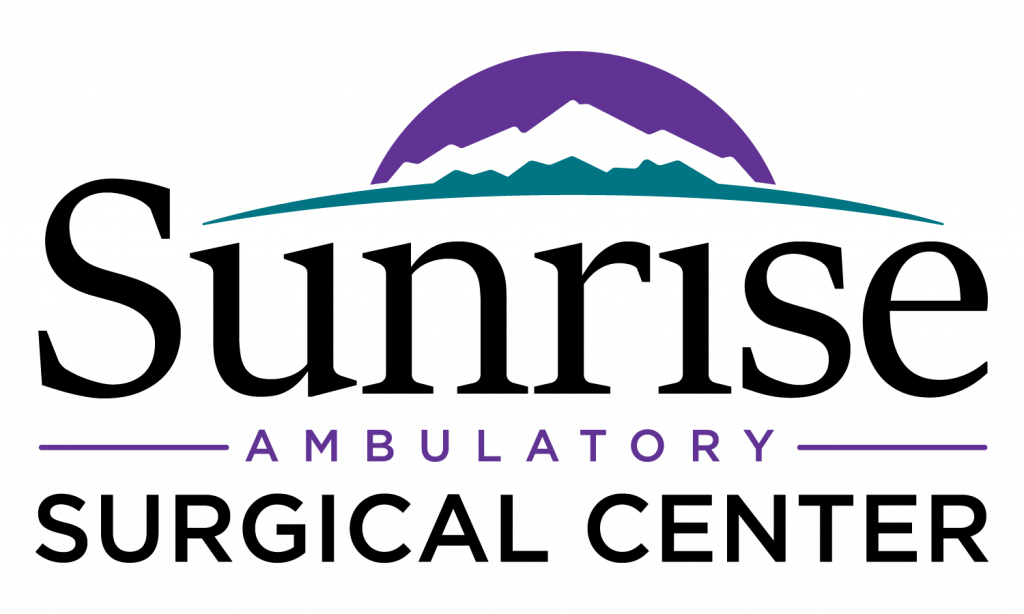ACL Repair
What to expect
The ACL has practically no ability to heal itself, so it can’t be repaired, only replaced. There are many choices of tissue to use for the new ligament, including tissue from the patient’s body (an autograft) or tissue from a cadaver (an allograft). The most common autografts use part of the tendon in the front of the knee or in the hamstring. With an arthroscopy, the surgeon will check the cartilage and ligaments of the knee. The patient will most likely be put to sleep for the procedure, but it can be performed under different types of anesthesia.
The surgeon will make small incisions around the knee to place the new ligament. The old ligament will be removed using a shaver or other instruments. Bone tunnels will be made to place the new ligament in the knee at the site of the old ACL. The new ligament is then fixed to the bone using screws or other devices to hold it in place.
How to prepare
Pre-procedure use of medication should be discussed with your primary care physician prior to your scheduled procedure date. You may also be asked not eat or drink anything after midnight the night before the surgery. Occasionally, physical therapy is recommended before surgery. But the best way a patient can prepare for ACL reconstruction is by planning for recovery. Allow time to rest, and try to find people who can assist you in the first days following surgery.
After the surgery, the patient may have to wear a knee brace and use crutches for for a few weeks. Most people are allowed to move the knee immediately after surgery to help prevent any stiffness. Pain is usually managed with medication.
Physical therapy may be required and can last from two to six months. How soon a patient can restart activities, such as returning to work, will depend on the type of job, but can range from a few days to a few months. A full return to activities and sports generally takes from four to six months or longer.
